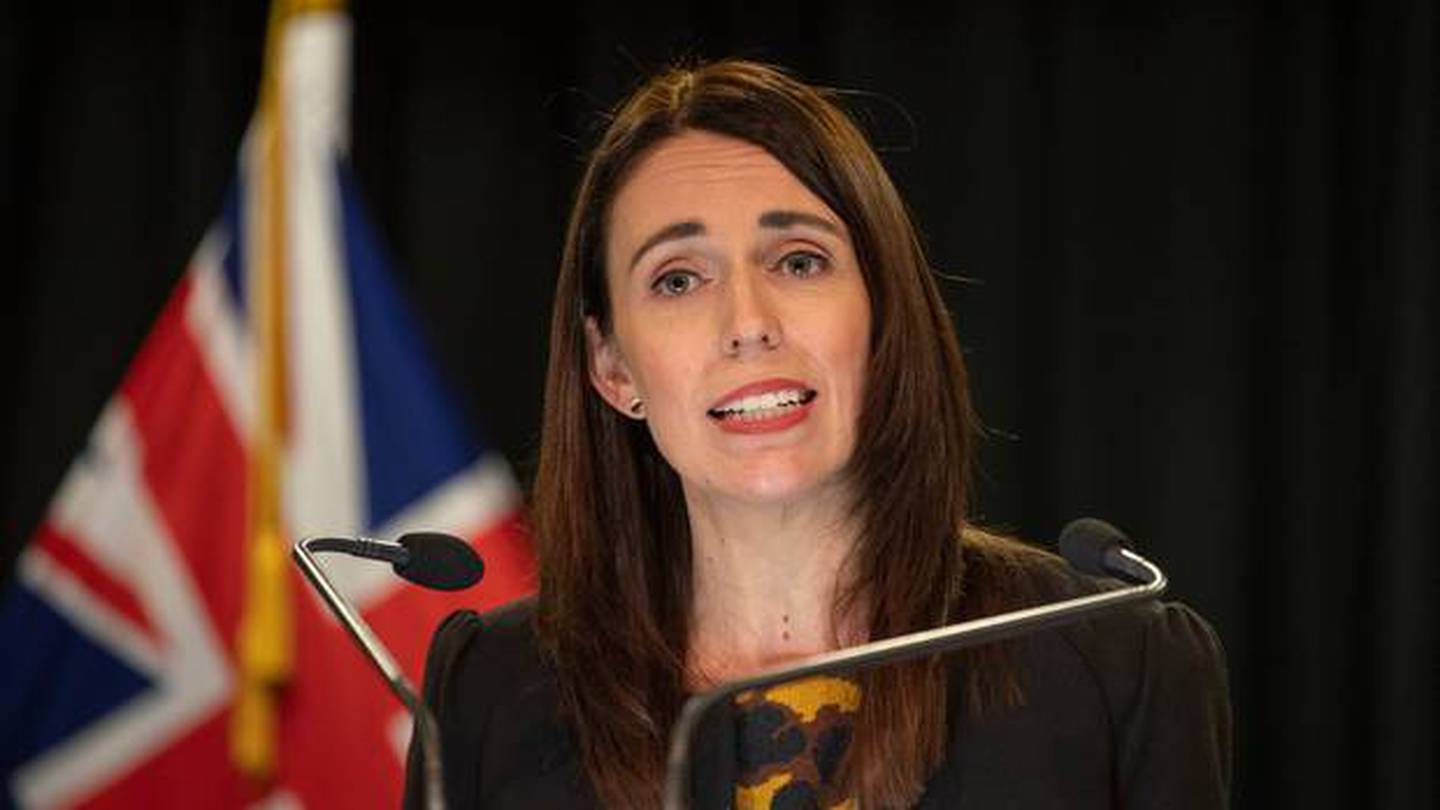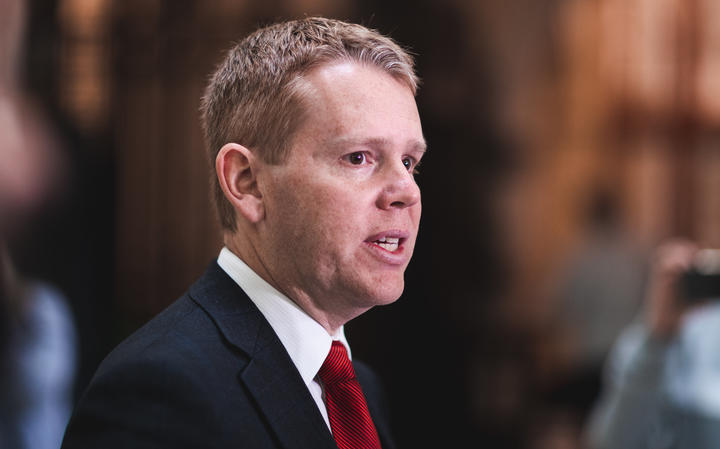
The vaccines will be available in the middle of this year and the Government says the deal announced today will streamline the rollout to the public.
Prime Minister Jacinda Ardern said the move means New Zealand "is one step closer to moving away from restrictions to manage Covid-19".
The additional 8.5 million doses are enough to vaccinate 4.25 million people, as each person requires two jabs.
Combined with the estimated 1.5 million Pfizer vaccines the Government has already purchased, that means every New Zealander will have access to the Pfizer vaccine.
"The decision to make Pfizer New Zealand's primary vaccine provider, was based on the fact the Pfizer vaccine has been shown to be about 95 percent effective at preventing symptomatic infection," the Prime Minister said.
Asked how much more New Zealand was paying for the Pfizer vaccine, Ardern said no matter what the vaccine was, it came at a "much lower price than the loss of life".
"In our minds, it's money very well spent."
Covid-19 Response Minister Chris Hipkins said moving to only one vaccine meant the rollout would be "more efficient".
Ardern said she has been told that supply for the vaccines, including more freezers, "shouldn't be a problem".
On the issue of sportspeople, such as the Black Caps cricketers and Olympic athletes, receiving the vaccine Ardern said officials would be "weighing up all the factors".
'The year of the vaccine'
Ardern said she has called 2021 the "year of the vaccine" and said the Government was making good progress on this.
The Government will share an updated vaccine rollout plan on Wednesday.
She said vaccines will be an important part of New Zealand's defence against the "tricky" Covid-19 virus.
"It's not going to slow our timetable at all," she said when asked if the Pfizer strategy would slow the rollout down.
Ardern said the Government had been able to take a step back and look at what vaccines had worked well around the world - that had helped influence the Pfizer purchase decision.
She said there were still other brands of vaccine that had been purchased, but they might be shifted out for use until 2022.
"Every country is going to take their own approach," she said on the vaccine rollout.

One border worker told Ardern that Covid-19 had "taken a toll on us all" and they were grateful for the vaccine being offered to them first.
New Zealand's previous approach was to secure a portfolio of vaccines and the other vaccine provider agreements were still in place.
"No countries are safe until all countries are safe," Ardern said on donations of vaccines to the Pacific.
Govt's confidence in Pfizer vaccine
Hipkins said the purchase confirmed the Government's confidence in the Pfizer vaccine.
The Government is still yet to unveil a concrete vaccine rollout schedule.
Health officials are now working with Pfizer on a delivery schedule but Hipkins said the rollout will beginning "from the middle of this year".
He also said that the Government is working on options for the vaccines which don't end up being needed in New Zealand.
"We are working on options for donating surplus doses across our wider portfolio to the Pacific and developing countries worldwide."
Hipkins said the Government wanted to ensure that any doses not needed here were put to good use elsewhere.
That could mean delaying delivery to New Zealand, in order to free up supply for other countries in the short-term, or donating spare vaccines to other countries, Hipkins said.
"We are also working closely with the Realm countries of Niue, Tokelau, and the Cook Islands, as well as our close neighbours Samoa, Tonga and Tuvalu to provide access to our vaccine portfolio and provide wider support for vaccine roll-out," Hipkins said.
Ardern explains Hosking decision
Earlier today Ardern's office confirmed she had ended her weekly interview with Newstalk ZB's Mike Hosking. Ardern told reporters this afternoon that she had communicated this message four weeks ago.
But, she said "no one can do everything".
She said no one can do every slot: "People get news from a number of different sources".
"I don't think anyone would argue that I'm not available."
She said she had held press conferences and 21 interviews over the past week.
But she said she is looking to reach more people with her interviews.
Instead of fronting up for the weekly slot, as she has done since 2017 and her predecessors have done long before that, Ardern will now be appearing on the show "as and when issues arise".
This prompted Hosking to say Ardern was "running for the hills" and refusing to be held to account.
"Without being too unkind to some of the other players in this market, the reality is the Prime Minister enjoys a more cordial and more compliant relationship with them," he said this morning.
Comments
Why did she buy more than we need? We have just under 5 mil people, but 20% are too young to get it and another 20% dont want to take it and arent needed to get to herd immunity anyway.
We 'need' to vaccinate like 3.5million people, she overbought 1.5 million doses, what a waste.
Not her money and she don't care.












